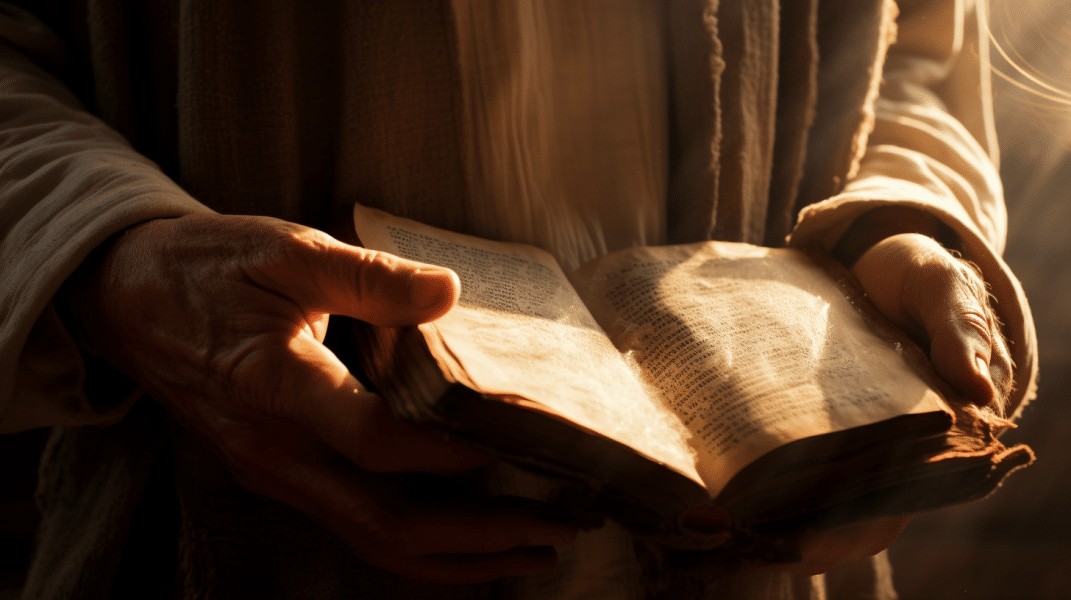Religion has been an integral part of human civilization since time immemorial. It has shaped cultures, influenced societies, and provided individuals with a sense of purpose and meaning. But have you ever wondered how it all began? What led humanity to create and embrace religious beliefs? Join us on a fascinating journey as we explore the origins of religion, unearthing the theories and evidence that unravel this age-old mystery.
Unveiling the Origin:
The question of why religion was created remains a topic of much debate among scholars and researchers. Some theories suggest that religion emerged as a way for early humans to explain natural phenomena such as thunderstorms, earthquakes, and celestial events. Others propose that religious beliefs were born out of a desire for comfort and security in an unpredictable and dangerous world.
While pinpointing an exact timeframe for the birth of religion is challenging, archaeological findings provide insight into the earliest manifestations of religious practices. Cave paintings, dating back tens of thousands of years, depict rituals that likely had spiritual significance. Burial sites from the Paleolithic era also hint at the existence of beliefs in an afterlife.
The Evolution of Religious Thought:
As humanity evolved, so too did its religious beliefs. The development of agriculture and the rise of civilizations brought about the need for organized religions. Mesopotamian, Egyptian, and Indus Valley civilizations all had intricate religious systems, complete with temples, rituals, and priests.
In ancient Greece and Rome, religious beliefs were intertwined with mythologies and deities who personified various aspects of life. The belief in multiple gods and their interventions in human affairs became central to these cultures.
In contrast, the emergence of monotheistic religions, such as Judaism, Christianity, and Islam, introduced the concept of a single deity. These religions emphasized personal relationships with the divine and offered moral guidelines and ethical principles.
Religion Adapting and Transforming:
Religious practices have continually adapted to changing social, cultural, and political contexts. The spread of Buddhism from India to East Asia, for example, saw it assimilate and blend with existing belief systems, resulting in distinct forms of Buddhism in different regions.
Similarly, as Europe entered the Age of Enlightenment, a period marked by rationalism and scientific progress, religious institutions faced challenges and reforms. The rise of Protestantism, for instance, questioned the authority and practices of the Catholic Church, leading to the birth of new denominations.
The psychology of religious belief also plays a significant role in its evolution. Religious experiences, rituals, and teachings often tap into deep-seated human needs for belonging, hope, and transcendence. These psychological factors contribute to the persistence and spread of religious beliefs throughout the ages.
The origin of religion remains a captivating enigma, with no definitive answers. The question of why religion was created, when it all began, and how it has evolved continues to intrigue scholars and enthusiasts alike. From ancient cave paintings to modern places of worship, religion has left an indelible mark on human civilization.
As we delve into the origins of religion, we gain a profound understanding of humanity's quest for answers, meaning, and connection. Whether you follow an established religious tradition or identify as a skeptic, exploring the origins of religion invites us to contemplate the mysteries of existence and our place in the vast cosmic tapestry.
So, join us in this exploration of the roots of religion and discover the multifaceted facets that make up the rich tapestry of human beliefs, as we uncover the profound influence religion has had on shaping our world.



